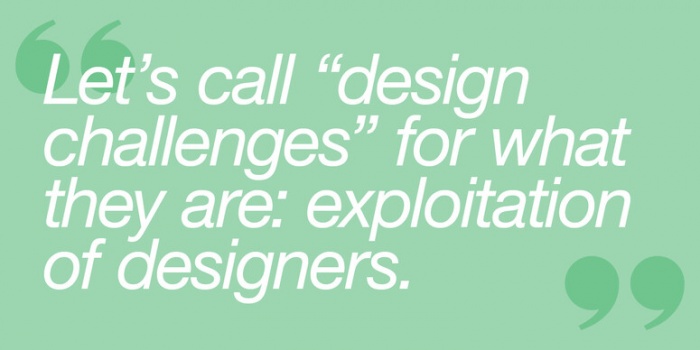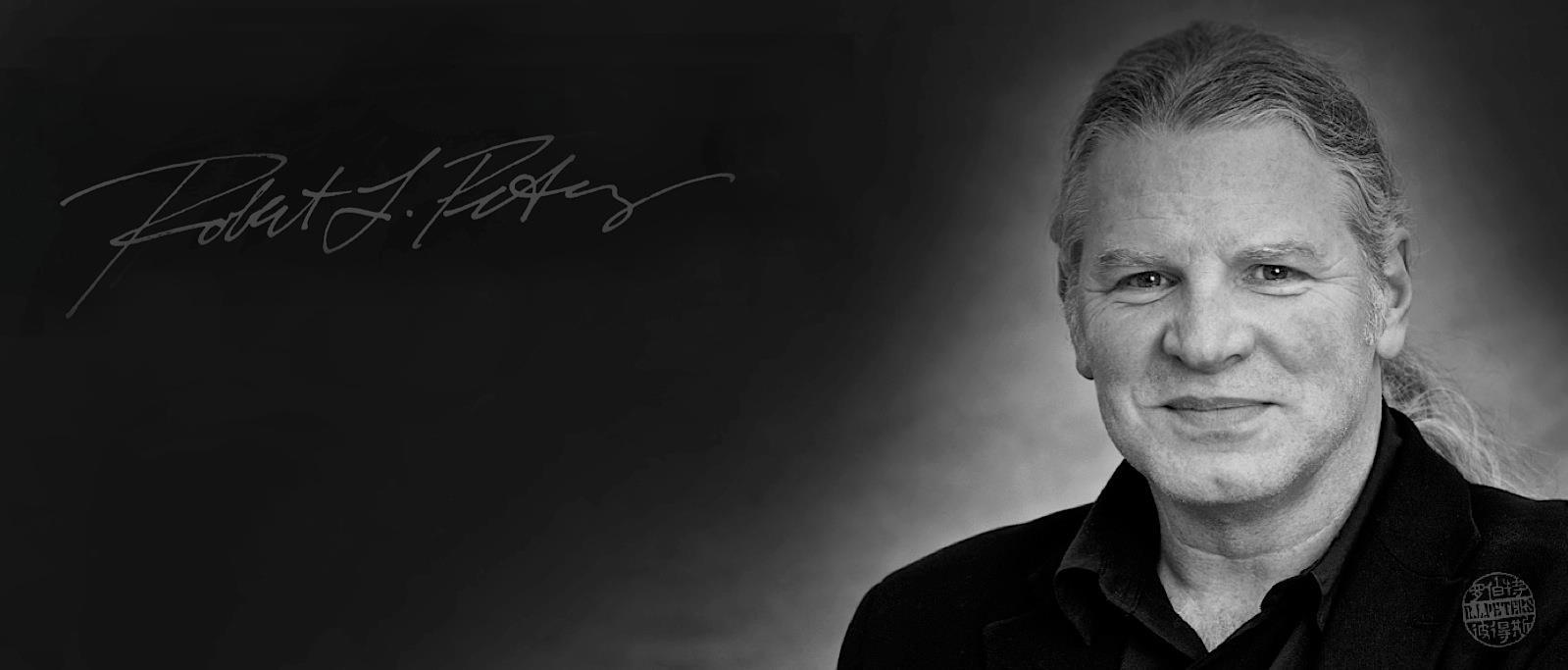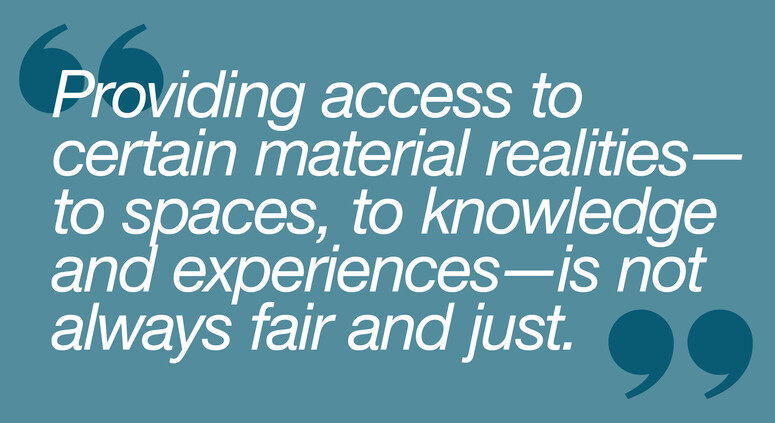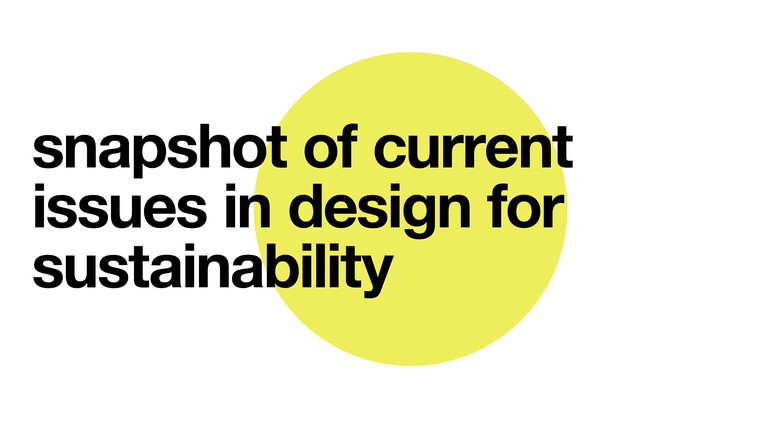think twice before participating in challenges like ‘foodicons’

10.05.2021 Editorial
We've all seen these 'initiatives to promote design value'. They take the form of design awards asking for new work, design competitions that are thinly-veiled schemes to get design work for free, or 'challenges' that crowdsource design for some 'cause.' Let's call these what they are: exploitation of designers.
The 'Foodicons challenge' has a polished website (Adobe is a sponsor) where they implore graphic designers to contribute their professional labour—without remuneration, with minimal recognition and with a policy on intellectual property that would make any professional wince. Basically this is a spec contest without any winners.
TRADITIONAL PRO BONO
There are conditions under which designers can choose to 'contribute' their work to a greater cause. The Latin ‘pro bono’ does not—as it is often misunderstood – mean ‘for free’; it means ‘for good,’ in contribution to a worthy cause. Pro bono contributions by designers are encouraged by our organisation. Professional design work, following the design process, contributes to the work being adequately valued even if it is not remunerated in the traditional way. This must be negotiated by the contributing designer.
It is the Council's position that the conditions of the working relationship between the designer and the recipient should be carefully determined, defined and described in an agreement. The conditions of undertaking Pro Bono work—including the adherence to design methodology, the ensuing ownership of rights and expenses—should be delineated and respected. The value of the design services rendered should be communicated clearly to the Pro Bono recipient.
There are two basic measures then, for determining if a work is in fact Pro Bono design work:
- It must be for a good cause (pro bono). It should be made clear who is benefitting from the 'donated' work and what need is being met. Legitimate causes deserving of Pro Bono contributions serve primary objectives which are philanthropic and promote social well-being, such as educational, religious, sustainable, and other activities serving the public interest or common good.
It is not legitimate to contribute to a profit-driven corporate entity or an industry group.
- It must be design work. ‘Crowd-sourcing design’ is an oxymoron. The interaction between the client and the designer, between potential users and the designer, and the process of iteration that happens between them, is a fundamental part of the design process. What is being asked of designers in crowd-sourced design contests is in fact something that approximates 'design', but is not professional. In so doing, crowd-sourced contests degrade the value of design and erode the esteem of designers with the very industry that they are trying to impress.
THE 'CHALLENGE' MODEL
Historically, challenges have been created (often by designers) soliciting work for fundraising efforts or educational materials after natural disasters or in response to social crises. When the ‘challenge’ model and language are used in the creation of a contest in which corporate interests are also the beneficiaries, and in which designers grant expansive licensing terms, that ‘challenge’ enters a troubling grey area.
THE FOODICONS CHALLENGE
The most glaring issue with this challenge in particular, is that it is not clear who is benefitting from the work being 'donated'. There is an allusion to a connection with a UN entity but no clear definition of the needs of this entity. In fact they fail to establish that a need exists in the first place.
When we challenged the organisers of Foodicons on this point, we were told that "This resource will be available to farmers and distributors at all levels, throughout the world, as well as consumers and, yes, large manufacturers and growers in the most developed parts of the world." This does not sound like a legitimate "cause" to us.
THEN IS IT SPEC?
The website No! Spec has some basic guidelines to determine whether a contest is 'spec' or not"
- Will I equitably pay a winning designer for the work rendered as if they were hired under contract to do the same thing?
- Will I negotiate proper compensation for the usage rights commensurate to the designer’s level of skill?
- Will I return the working files and usage rights to all submitted designs, especially if they don’t win?
For Foodicons, the answer is ‘no’ on all counts. To quote the organisers of this contest: "I understand that designers are not getting financially compensated, just as they don’t for other volunteer or pro-bono projects in the world. In lieu of payment, they get credit, at the point of availability, on Noun Project’s website, as well as an official, unique way to enhance their resumés, LinkedIn profiles, etc. with their participation." The designers are being asked to contribute professional work for what amounts to the old 'exposure' trope.
RIGHTS OF CONTRIBUTING DESIGNERS
One particularly egregious infringement on the rights of the designers contributing work is the wording of the small print:
By entering, all entrants (designers) retain ownership of their work, whether used or not in the final set of icons. Additionally, entrants whose icons are accepted into the final icon family, posted to The Noun Project, grant a royalty-free, perpetual, non-exclusive, worldwide right Foodicons.org and those who download the icons from The Noun Project to edit, adapt, modify, reproduce, promote, publish, and otherwise use the entrant’s submission and/or its contents in any way and in any media for educational, promotional, and/or any other purposes [bold ours] (including commercial uses), under the Creative Commons 4.0 BY license, without having to seek permission from, and without consideration or notification to any participant or any third party. Entrants also agree that the entry may, at Foodicons.org‘s sole discretion, be posted online at the contest website and/or any other website as determined by Foodicons.org, for visitors to the website(s) to view, download, and use as they see fit.
In other words, designers retain a copyright ownership which is rendered meaningless because they give away all rights to control usage.
FOODICONS' RESPONSE TO OUR OBJECTIONS
Foodicons is organised by an educator from the California College of the Arts. This institution is teaching students to become designers. And they should know better. When we were approached by them in October to promote their 'challenge,' we firmly pointed out all the issues with it in a letter that was sent also to the sponsor. Their response was simply that they "disagree with [our] characterisation of pro-bono work". And it seems that they proceeded with the project.
We are deeply dismayed with this 'challenge' and so many others like it that claim to ‘promote design' but are actually contributing to the devaluation of the design practice and the exploitation of designers. There are simply too many for-profit entities involved in this effort to plausibly be considered a legitimate Pro Bono endeavour. Furthermore ‘challenges’ like this one normalise the process of contest-based submissions, and this is especially damaging when it is upheld by an educational institution who is modelling unprofessional behaviour for future designers.
RELATED LINKS
International Council of Design position on unpaid work
International Council of Design Professional Code of Conduct for designers
http://shouldiworkforfree.com/
https://www.nospec.com/
https://portland.aiga.org/design-contests-are-unethical/

relatedarticles

robert l. peters: guiding the future of design

ICoD interviews elizabeth (dori) tunstall on decolonising design

it may look good on instagram but you want to enjoy living in it

designing for access
